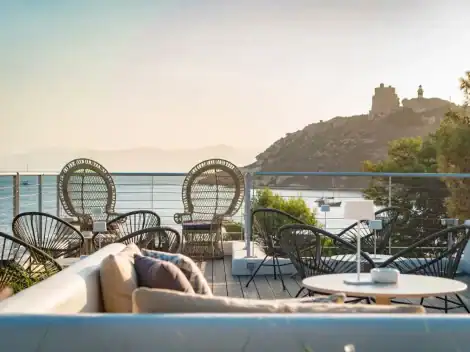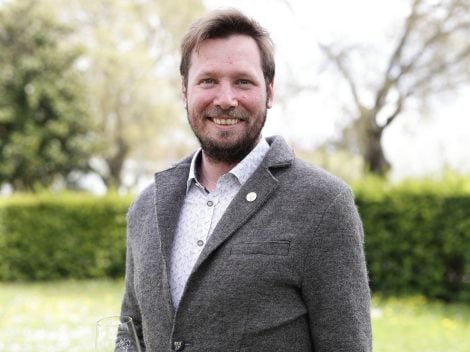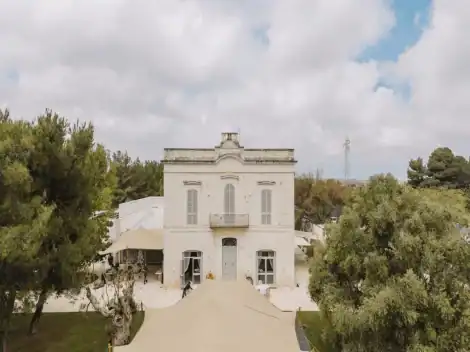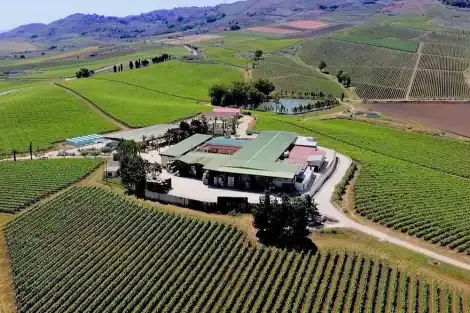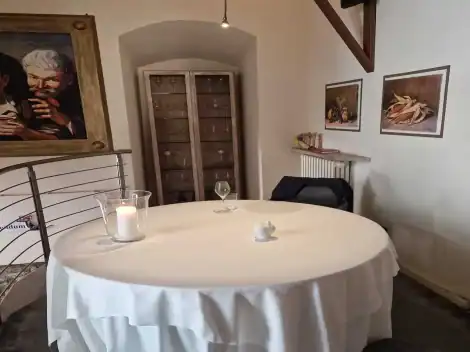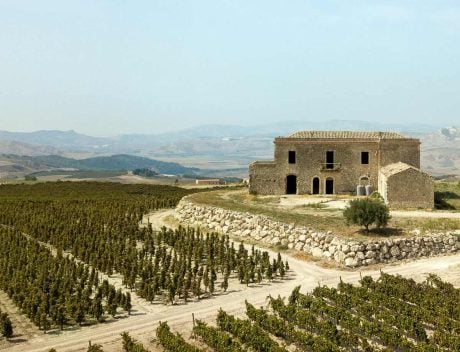“In a time of change for the wine world, doing nothing is a response—but not the best one.” So says Matteo Fornaca, CEO and founder of The Spiritual Machine, the Turin-based startup that, together with the winery I Vini di Maremma, has launched Le Muse dell’Alchimia, a range of wine-based spirits intended for mixology. The line includes nine products ranging from bitters, vino chinato, and vermouth to ready-to-drink options (from Negroni to Glögg).
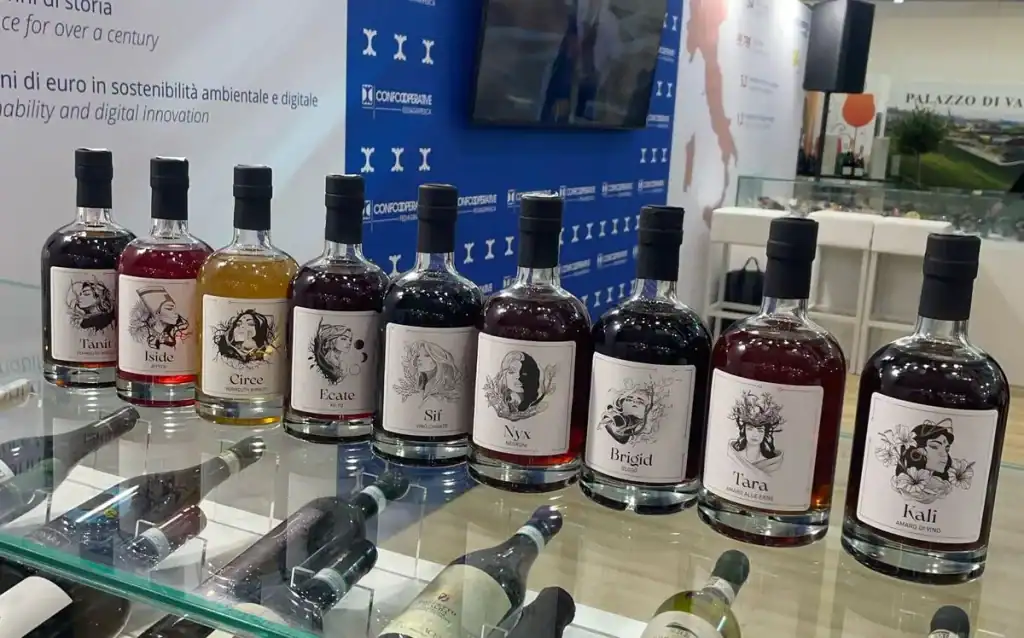
For wine, it’s time to explore other paths too
It’s an added opportunity, then, for a new kind of customer. Or simply a different way to enjoy wine. A choice that must be seen in the context of a period in which declining wine consumption is causing concern in the industry.
“The consumer’s perception of wine is changing and, unfortunately, the last to notice is the one being affected. That happens in every sector,” explains Donata Vieri, General Manager of I Vini di Maremma. But when faced with change, you can’t just stay still. “It’s difficult for a product like wine—which represents the Italian identity around the world—to venture down new paths and shed the image that, let’s admit it, has been a comfortable one until now.”
However, the winery led by Vieri is giving it a try: “We’re a cooperative entity (210 members over 450 hectares of vineyards; editor’s note) in a region populated by wine industry giants. Our members are constantly striving for quality and improvement. We’re proactive and focused on future opportunities rather than dwelling on what’s not working right now.” Hence the decision to embrace this innovation.
The hidden treasure in Italian cellars
“It’s a different way of thinking,” says Fornaca. “Faced with the perfect storm of recent months—declining consumption, tariffs, shifting tastes, and the new High way Code — the wine sector has entered a sort of panic zone. Completely paralysed. What I Vini di Maremma has done, instead, is try to bring in some fresh air without saying ‘We’re all doomed.’ There’s a hidden treasure in Italian cellars that can be used to reach new audiences. The spirits line, therefore, becomes a sort of crowbar to open up these markets.”
“We’re not just talking about age groups,” Vieri clarifies, “but also about emotional states—a single person might want wine today and a cocktail tomorrow. And in that sense, the winery makes itself available to the consumer by expanding its offering, which still remains rooted in the local territory.”
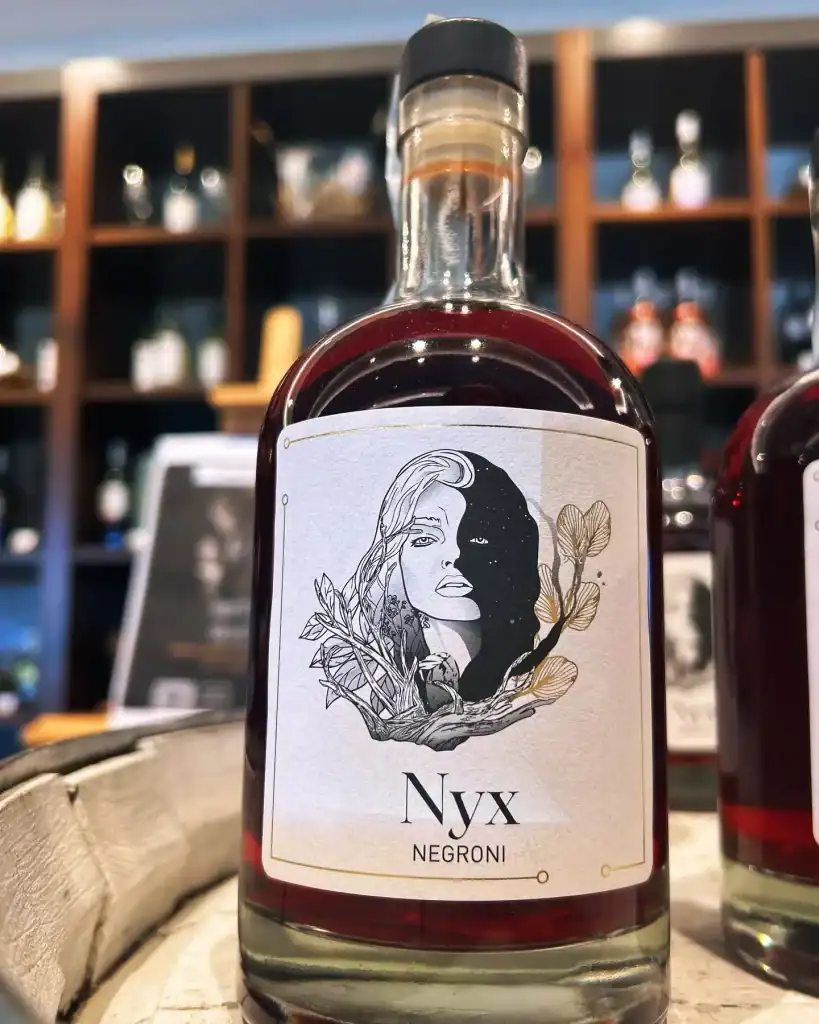
Growth objectives
The goal is to lead, not replace. No one, in short, is expecting to overcome the issue of declining consumption simply by launching a new product range. Also because, in the case of the Maremma cooperative winery, the initial spirits production amounts to just a few hundred bottles, to test the market.
“At present,” Vieri reveals, “they can be purchased at our on-site shop, and we’re now setting up the distribution chain to get them into restaurants, cocktail bars, and selected beach clubs. We’ve also had good feedback abroad — from France to Canada, and even in China, where I am right now. The goal is to increase production by 30% within two years,” explains the director.
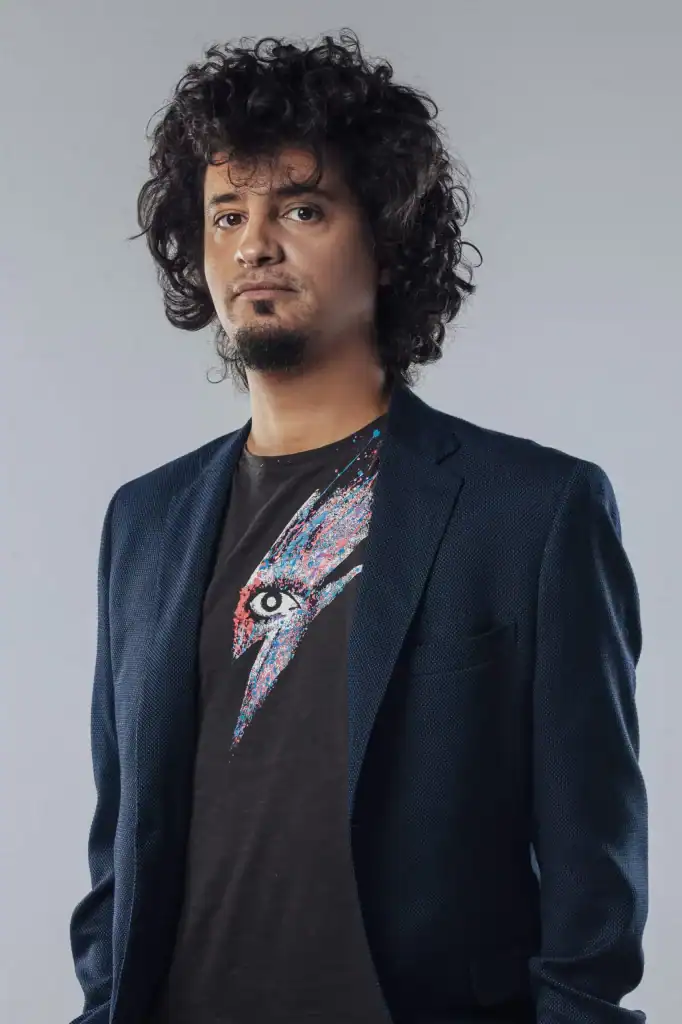
Matteo Fornaca, ceo and founder of The Spiritual Machine
Spirits as a portfolio extension
Spirits or cocktails thus become a portfolio extension. “Think of a simple wine tasting at the cellar, which might be concluded—or even started—with another product, like a bitter or a vermouth. It’s like having a painter’s palette and increasing the number of colours available. The aim is to make real the potential that currently lies untapped in Italian wineries,” says the CEO of The Spiritual Machine. The startup was responsible not only for the concept but also for developing a prototype and putting it into production through specialised partners.
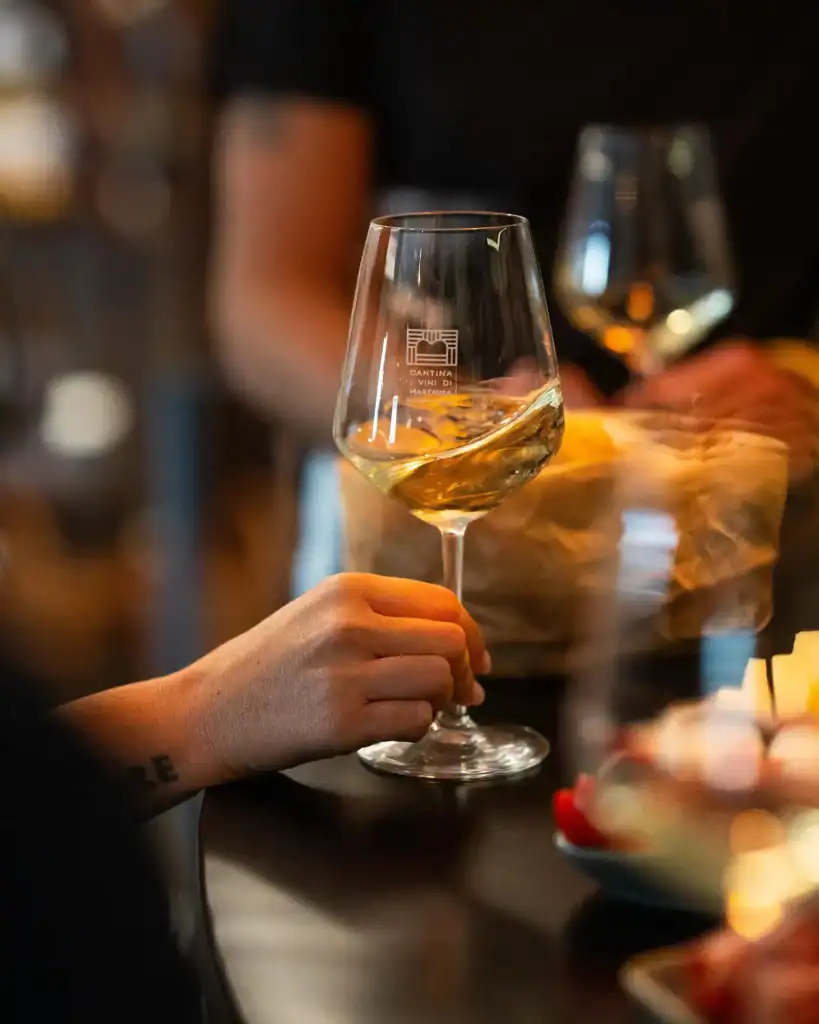
Renewing the language
Finally, there’s also an issue of language. “Certainly, the way wine and consumption are communicated today needs updating,” argues Fornaca. And in this area, “the cocktail world is creating a vocabulary that’s closer to how people actually talk every day, as well as an imagery that’s more dynamic and stripped of the pretentiousness often associated with wine,” Vieri concludes.

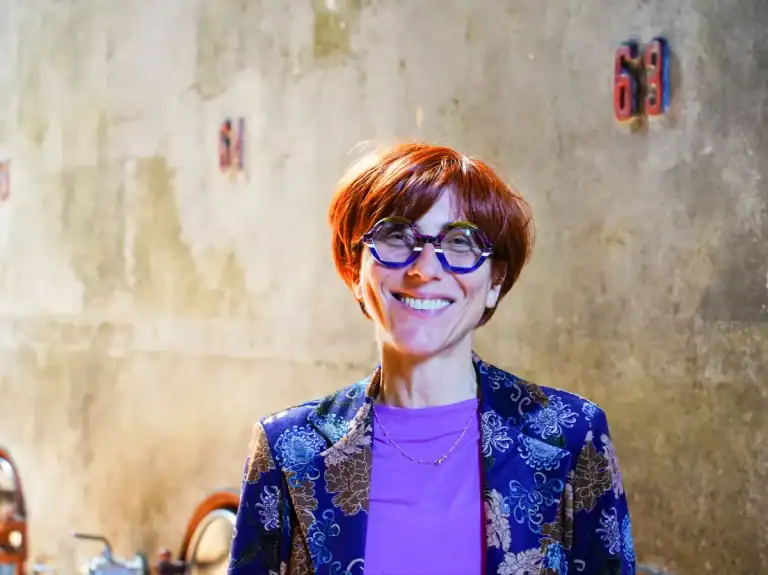
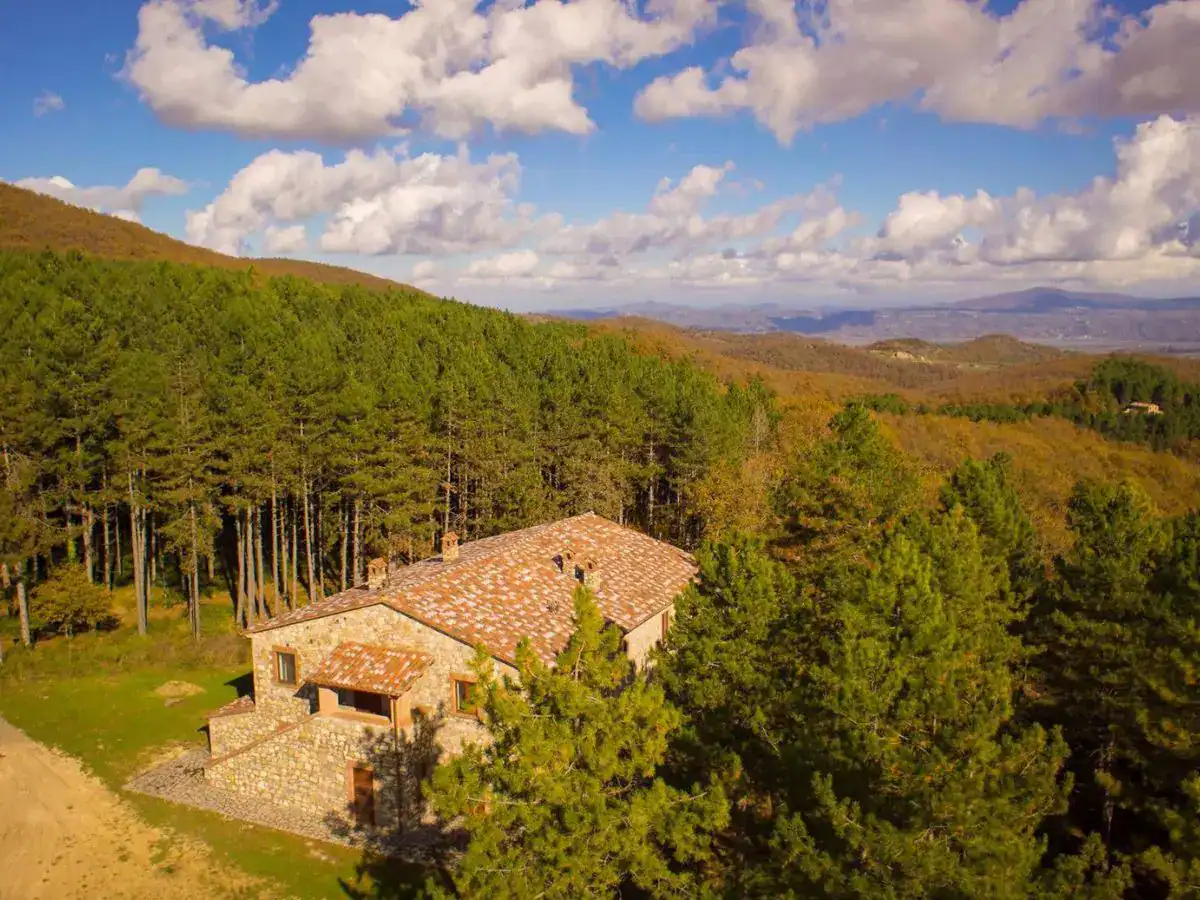 In the heart of the woods, a timeless osteria: the most authentic discovery between Umbria, Lazio and Tuscany
In the heart of the woods, a timeless osteria: the most authentic discovery between Umbria, Lazio and Tuscany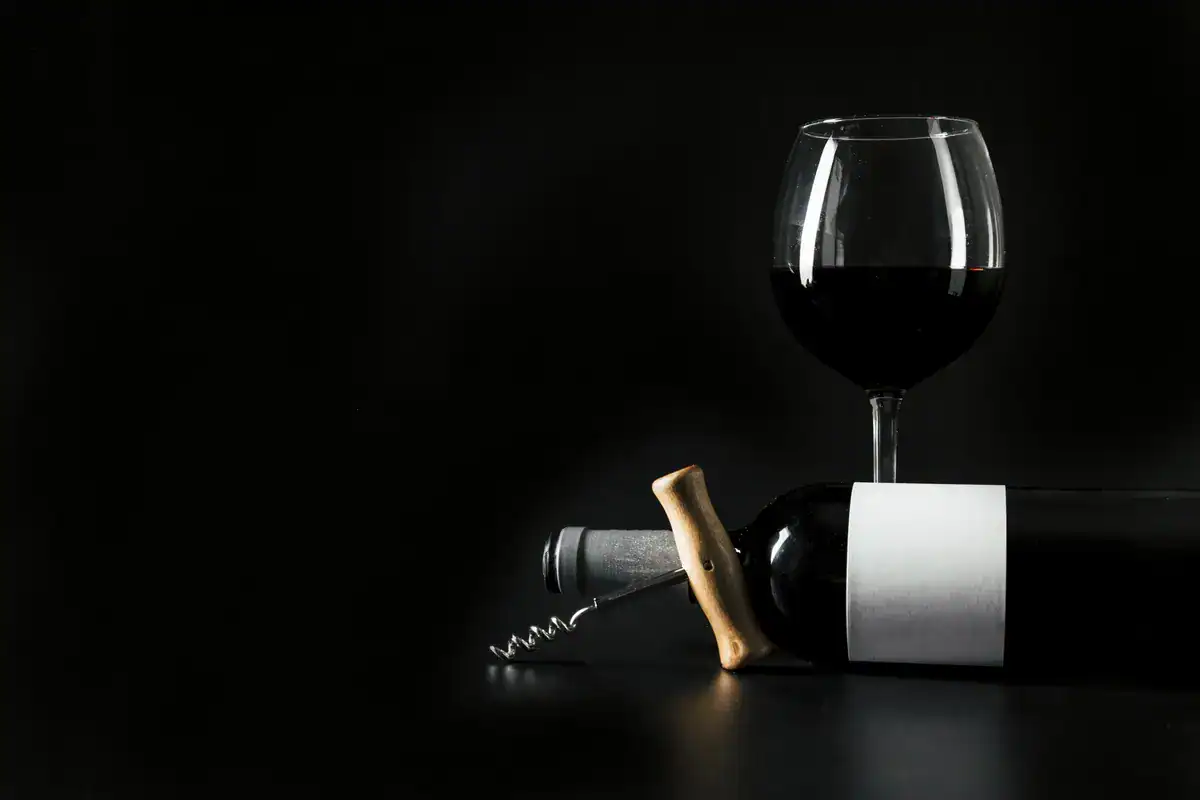 Counterfeiting of wine and alcoholic beverages: losses for Italy exceed €300 million annually
Counterfeiting of wine and alcoholic beverages: losses for Italy exceed €300 million annually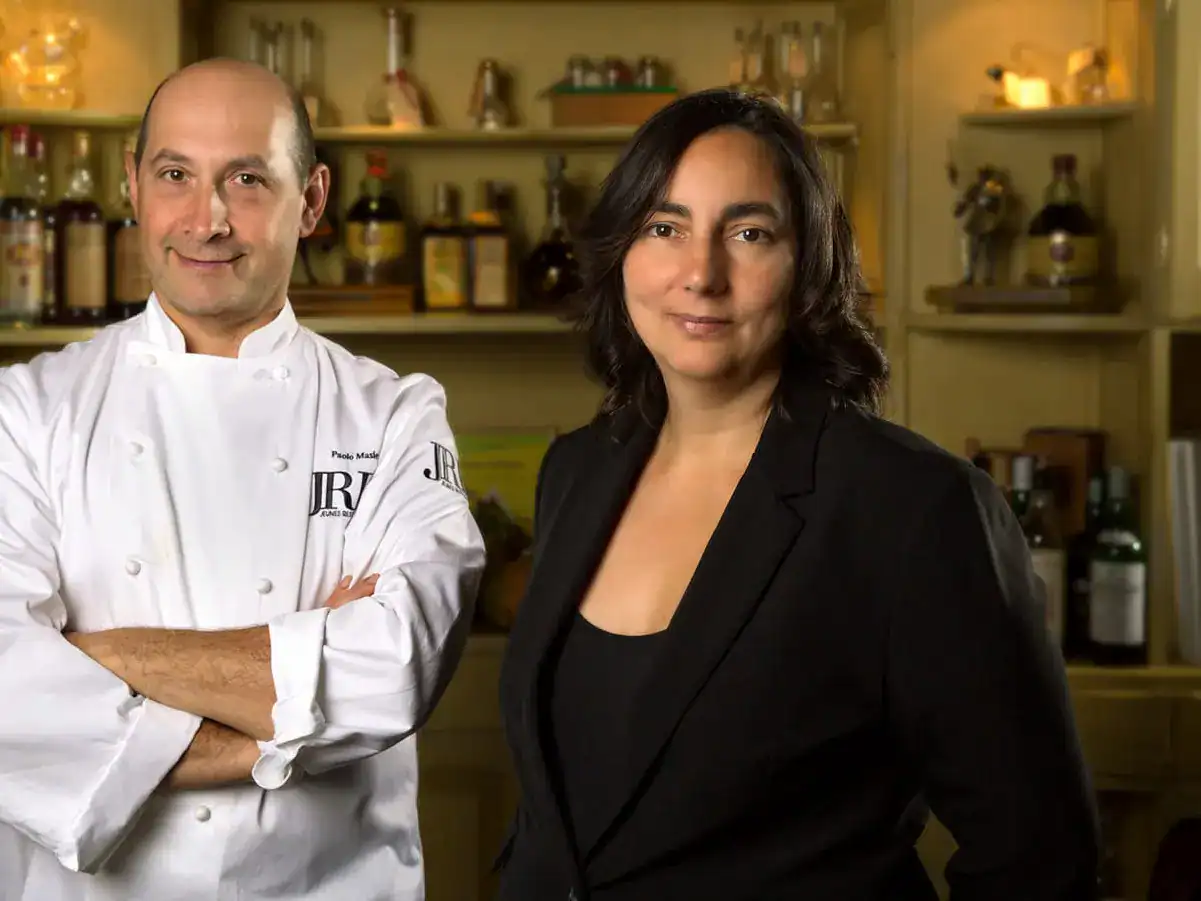 The chef-farmer who wrote the history of fine dining on the Ligurian Riviera
The chef-farmer who wrote the history of fine dining on the Ligurian Riviera Wine exports slow down in the first quarter: -2.7% in volume. From the United States to Russia, a March to forget
Wine exports slow down in the first quarter: -2.7% in volume. From the United States to Russia, a March to forget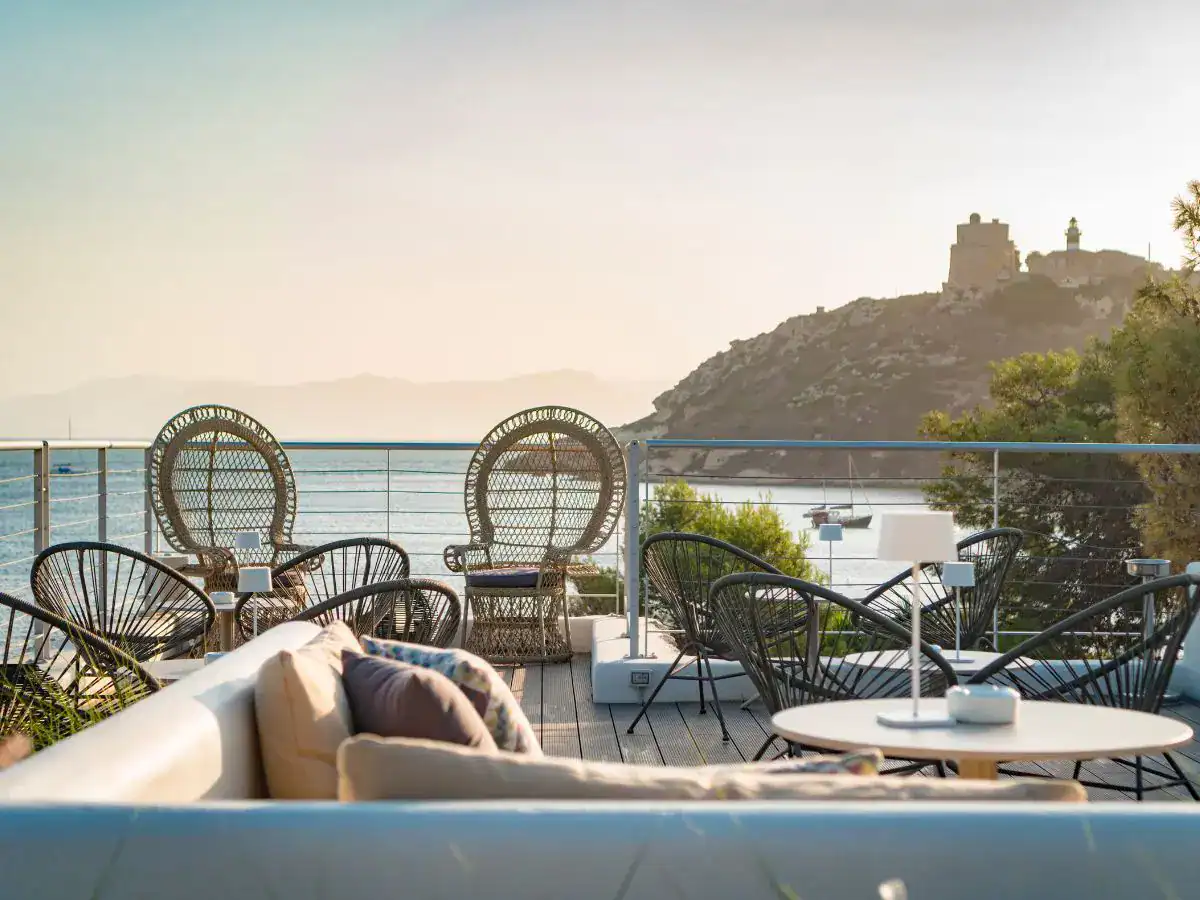 Signature cuisine, cocktails with a view and dishes that speak Sardinian: here's the new food hotspot on the Cagliari coast
Signature cuisine, cocktails with a view and dishes that speak Sardinian: here's the new food hotspot on the Cagliari coast